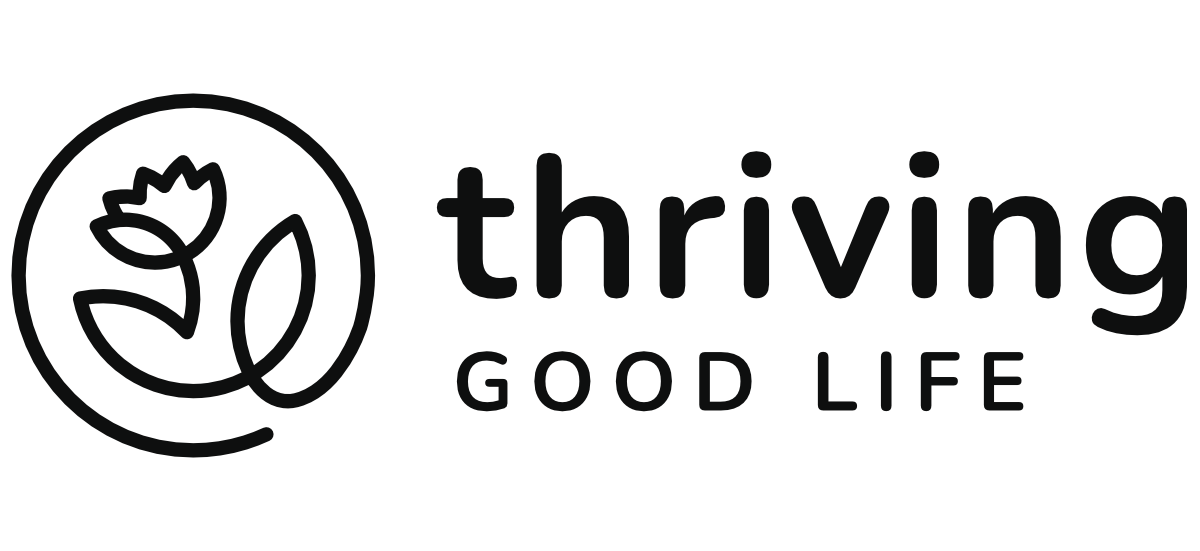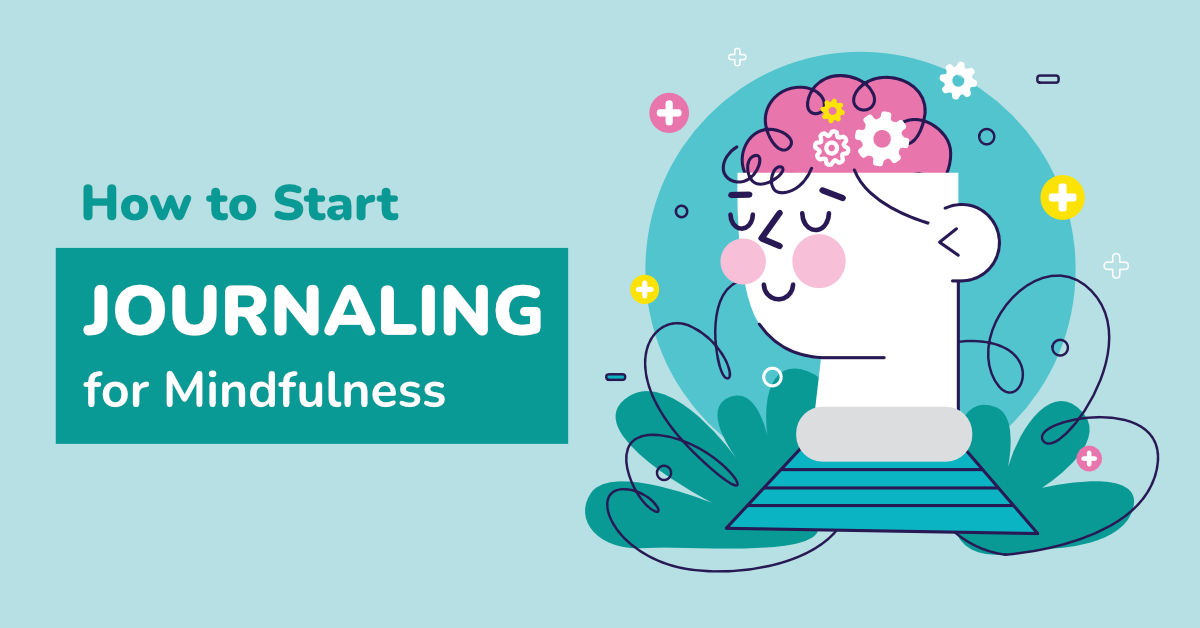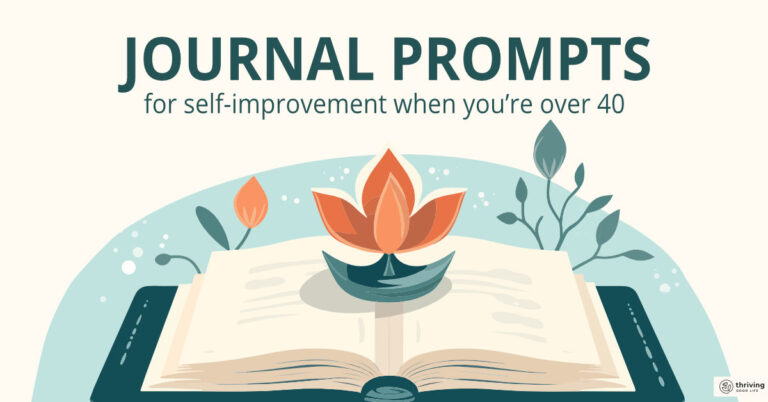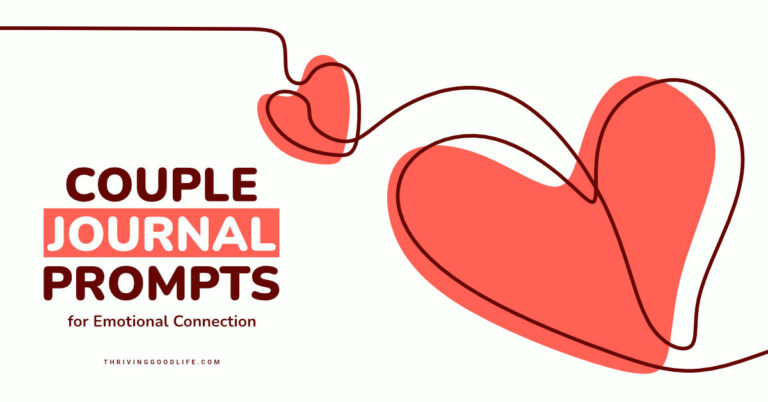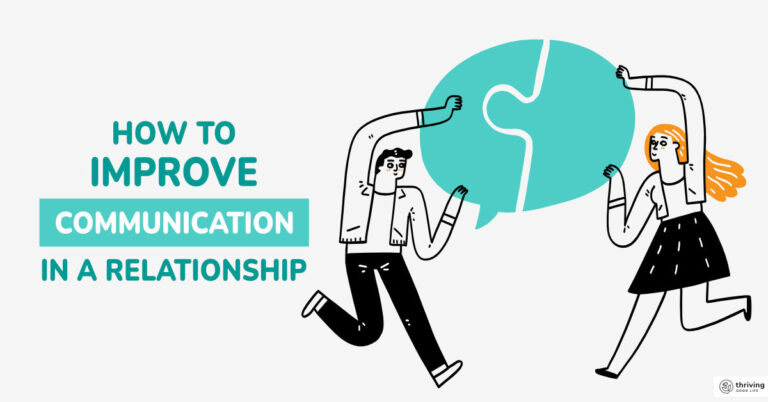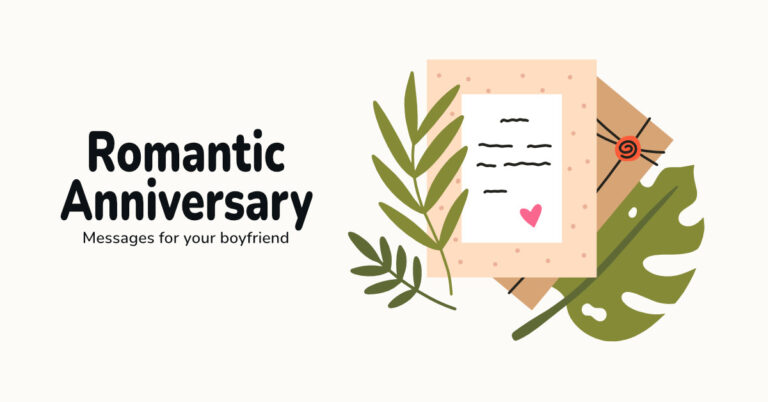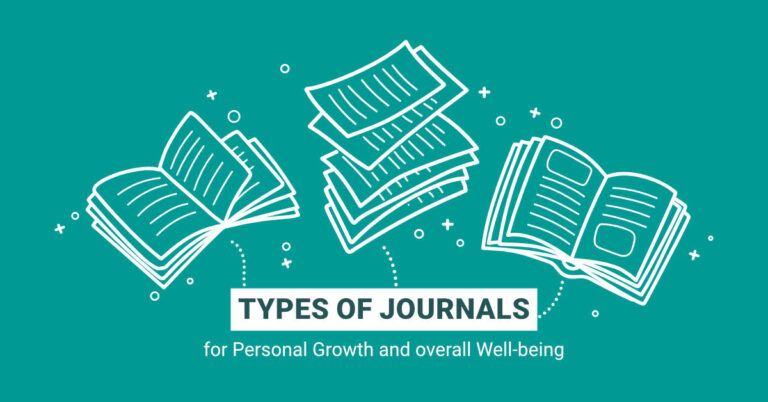There’s nothing quite like it.
That feeling you get when you close your journal after you’ve filled it with your thoughts. It’s as if all the fog in your head has lifted, leaving room for fresh ideas, insights, and inspiration.
There are so many different types of journals and techniques. All powerful tools to help you unplug from the craziness of the world.
But today we’re going to focus on mindfulness journaling.
I’ll cover what journaling for mindfulness is. Along with its benefits, and steps to getting started. Plus a selection of mindful journaling prompts to help you get into the zone.
Related: How to Start a Journal: An Ultimate Guide for Beginners
What is Mindfulness Journaling?
Mindfulness journaling is a technique that allows you to zone into what’s going on inside your mind and body in the present moment, without judging or criticizing yourself.
Just like a regular mindfulness practice, it involves being aware of your surroundings, thoughts, emotions, and feelings, along with any bodily sensations.
This method of journaling is easier to grasp than regular mindfulness because you’re writing everything you witness down on paper.
Why would you want to be more present?
Because being present, is a present.
No seriously, it feels like receiving the gift of clarity.
Which helps us find focus and direction when we feel overwhelmed by life. Being present helps you get in touch with yourself, and it can help you connect with others more easily.
Have you ever had one of those moments where everything seems like it’s going in slow motion?
You’re super calm, you’re watching yourself outside of your body, and you can see what’s happening, as it happens – a la The Matrix. Somehow you instinctively know what to do and what to say at that precise moment.
That momentary detachment from reality is liberating.
Benefits of Mindful Journaling
Mindfulness is good for our overall psychological well-being.1 That, along with journaling, can help positively affect the way we think, handle stress, and process our emotions.2
Gratitude journaling in particular is a great practice to adopt.
Through thinking about events or people who have brought you happiness, you get to re-live those moments, and savour them – which in turn does wonders for your well-being.3
Mindful gratitude journaling has even been shown to reduce psychological distress and improve the quality of life in people living with chronic illnesses.4
It’s pretty safe to say that keeping a mindfulness journal can help you in a whole host of ways, including:
- Finding mental clarity and deeper awareness as you process your thoughts, feelings, and actions.
- Gaining a better understanding of the relationship you have with yourself, others, and the wider world.
- Making better life choices and decisions that come from a place of self-knowledge, confidence, trust, and self-belief, as opposed to fear.
- Being present, savoring, and appreciating everything about the moment – even the small stuff we often neglect to notice. Like my dishwashing example above.
How to Start Journaling for Mindfulness
Find a notebook you like.
Any sort of bound notebook will do. Lined or blank or dot grid. Personally, I prefer lined notebooks. They help keep my unruly handwriting somewhat neat and orderly.
Carve out some time in your day.
All the goodwill in the world won’t help you if you don’t carve out time in your day to journal. I recommend setting aside at least 15 minutes a day. But feel free to experiment with a length of time that works for you.
Create a routine.
If you want to make journaling a habit you do consistently, you need to create a routine for yourself. Journaling at the same time in the day will help cement your routine.
I’m a morning person, so as soon as I open my eyes, I reach for my journal (which just happens to be at the side of my bed).
It’s an automatic response.
If you’re a night owl your routine could be to reach for your journal as you get into bed.
Ask yourself questions about your day.
What did you do?
What went well?
What didn’t go so well?
How did these things make you feel?
What are you most grateful for?
What did you learn today?
(You’ll find more question prompts below).
Be present.
As mentioned above, to be present is to be aware of what you’re doing, and what’s going on around you (externally), as well as what you’re thinking and feeling in the moment.
What does being present while journaling look like?
Sometimes it’s writing about your current surroundings.
For example, you’ve woken up in a hotel room on a romantic getaway with your love. You’re appreciating the room, the stillness, the clean sheets, the way the sunlight from the window warms your face, your partner lying next to you. And you express gratitude in that moment.
Sometimes it’s reflecting on something that happened in the past, but you’re paying attention to how you’re feeling and thinking about it in the moment. Are you angry right now?
What’s making you angry? Where are you feeling the anger in your body, and how is it affecting you? What does your writing look like? What can you do to stop the anger from ruining the rest of the day?
Keep it simple.
No need to overthink your journal entry or write an entire essay. A few sentences are fine.
You can even draw or doodle if it helps you express your feelings better.
11 Mindfulness Journaling Prompts to Overcome Negative Thinking and Increase Self Awareness
Below are a few prompts to help get you started with mindful journaling.
If you like, you can add your favourites into an empty notebook. It’ll be easier to keep track of them, and to re-use them in the future.
Describe the highs and lows of your day.
Reflect on what happened, why it happened and your feelings at the time.
How are you feeling about your day in the present moment?
In what ways can you show more kindness towards yourself today?
This prompt is great if you struggle with perfectionism, self-criticism, self-blaming… you know, all the usual self-deprecating suspects.
Are there ways you can treat yourself better or give yourself a break?
We all tend to be too hard on ourselves at times, so it’s healthy to reflect on how we can change that. You’d be surprised how this simple question can lead to big changes in your life.
What negative thoughts are holding you back?
Generally speaking, what we’re talking about here are the negative thoughts that are rooted in self-criticism and self-blame.
Write down what you’re criticising yourself for in this moment.
Is it something you did in the past? Something you didn’t do and are struggling to forgive yourself for?
What does your body need right now?
Take a few minutes to close your eyes and think about your body, and what it needs in this exact moment. It can be anything.
Is your body hungry? If so, what would satisfy it? What sounds nourishing?
Is your body tired or worn out? If so, how can you rest?
Do you need to take a nap, relax with a good book or get some fresh air?
What sounds good to you right now?
Listen to your body, then write down what you think it’s trying to tell you.
Complete this sentence: My all time biggest obstacle is…
Think about what’s standing between you and where you want to be. Write about this obstacle without censoring yourself or feeling bad about it.
What would your life look like if this obstacle was no longer present?
What stresses you out on a regular basis?
Make a list. Then take a look at it.
Do you notice any patterns? Do most of your stressors happen at a particular time of day? At work? Around certain people?
Are there specific activities that tend to stress you out more than others?
Thinking about the “when” and “where” of your stressors will help you identify whether the issue is with your environment, or something internal.
Complete this sentence: I am most like myself when…
Take some time to think about the moments when you feel really, really good about yourself. When do you feel like nothing can touch you? What makes those moments unique?
The more specific you can be, the better.
What’s something that scares you about today? Tomorrow? Next week? Next year? The rest of your life?
This prompt is meant to help you confront the thing we all sometimes struggle with: fear.
Fear is a natural instinct that can help protect us in dangerous situations, but it can also stop us from taking risks and trying new things.
So think about what you’re afraid of doing/seeing/experiencing, today and in the future. What does that fear feel like in your body?
Do you notice your heart beating faster, your palms becoming sweaty, some other physical manifestation of the fear?
Why are you afraid of it? How can you prepare yourself to face the fear or be less scared in the moment?
What can you do to feel more energised right now?
The first step is to pay attention to yourself and identify when your energy levels are low, and why that may be.
Are you drinking a ton of coffee? Spending a lot of time scrolling through social media? Engaging in conversations or activities with people who bring you down?
Maybe you’re feeling low because you’re not spending enough time with family and friends who make you feel happy and energised.
Take a nice deep breath — in through your nose, and out through your mouth. Now ask yourself: What can I do to raise my energy right now?
Complete this sentence: Today, I want to pay attention to…
Asking yourself this question is a great way to get more in tune with your surroundings.
Write about the things you see when you look for them.
Maybe that’s nature-related — the way the sky changes colour, the warmth of the sun, the sound raindrops make when they hit your window.
Or, maybe you want to pay more attention to the interactions you have.
Like the funny things your kids say and do, or the way you feel when you receive a long hearty hug from a friend.
Really take a moment to observe what’s going on around you.
How different does it feel when you’re paying your fullest attention?
What can you do today to make your future self 30% happier?
It doesn’t have to be anything big. Think about yourself as two different people – the version of you today, and your future self.
Consider how the actions you take now can positively affect the person you are tomorrow, or the day after that, and the day after that.
…
Mindfulness journaling is like any other journaling, in that it helps to provide a space for fresh ideas, thoughts, and reflections.
But this style of journaling has the added benefit of helping you to focus on the present moment and improve your self-awareness.
FOOTNOTES:
- Brown, K. W., & Ryan, R. M. (2003).The benefits of being present: Mindfulness and its role in psychological well-being.Journal of Personality and Social Psychology, 84(4), 822–848. https://doi.org/10.1037/0022-3514.84.4.822
- Ullrich, P. M., & Lutgendorf, S. K. (2002). Journaling about stressful events: Effects of cognitive processing and emotional expression. Annals of Behavioral Medicine, 24(3), 244–250. https://doi.org/10.1207/s15324796abm2403_10
- Kiken, L. G., Lundberg, K. B., & Fredrickson, B. L. (2017). Being present and enjoying it: dispositional mindfulness and savoring the moment are distinct, interactive predictors of positive emotions and psychological health. Mindfulness, 8(5), 1280–1290.
- Tan, T. T., Tan, M. P., Lam, C. L., et al. (2021).Mindful gratitude journaling: psychological distress, quality of life and suffering in advanced cancer: a randomised controlled trial.BMJ Supportive & Palliative Care.
